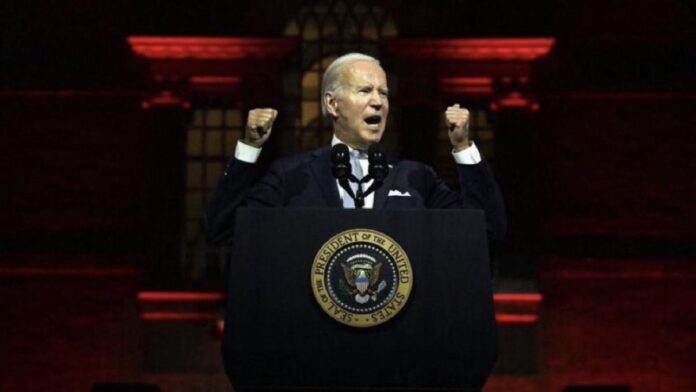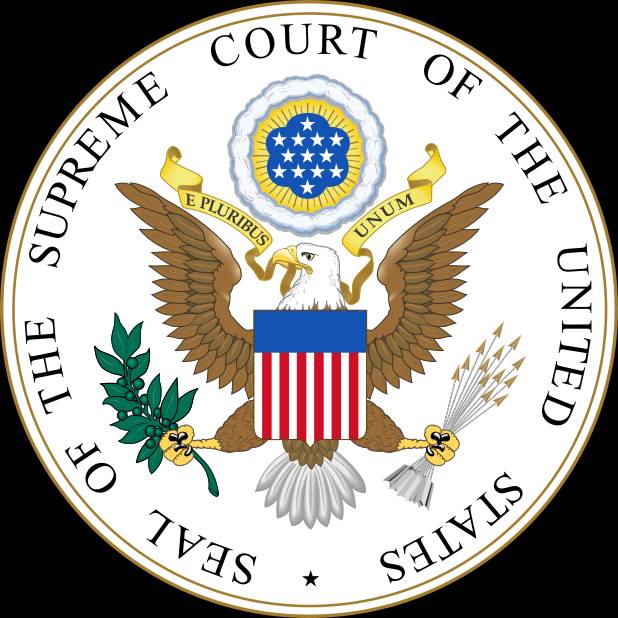

I cannot think of many things more frightening,” Kagan wrote. “The Court appoints itself - instead of Congress or the expert agency - the decisionmaker on climate policy. Justice Elena Kagan, joined in her dissent by Justices Stephen Breyer and Sonia Sotomayor, said the decision disarms the EPA at a time when the country is facing “the most pressing environmental challenge of our time.”

” … Congress, however, has consistently rejected proposals to amend the Clean Air Act to create such a program. It has also declined to enact similar measures, such as a carbon tax … Given these circumstances, our precedent counsels skepticism toward EPA’s claim …” “At bottom, the Clean Power Plan essentially adopted a cap-and-trade scheme, or set of state cap-and-trade schemes, for carbon,” the chief justice wrote. Roberts also noted that the EPA claimed to have the authority to regulate greenhouse gas emissions only after Congress declined to expand that authority through legislation. The Supreme Court decided that the EPA cannot have unlimited authority to regulate greenhouse gas emissions at power plants. “A decision of such magnitude and consequence rests with Congress itself, or an agency acting pursuant to a clear delegation from that representative body,” he added. Writing for the majority, Chief Justice John Roberts agreed with the states that “it is not plausible that Congress gave EPA the authority to adopt on its own such a regulatory scheme.” West Virginia and 18 other Republican-led states and coal companies appealed that ruling to the Supreme Court, arguing that the lower court had given the EPA too much authority to regulate emissions, even going above what Congress intended. A federal appeals court in the District of Columbia sided with the states but struck down both the Clean Power Plan and the Affordable Clean Energy rule, leaving nothing in effect while the Biden administration drafted a new policy. EPA - stems from the agency adopting the Affordable Clean Energy rule in 2019 to replace the Obama-era Clean Power Plan, which was being repealed by the Trump administration after its implementation was blocked by a 2016 Supreme Court ruling.Ī number of Democratic states, including New York, sued to stop the repeal. The 6-3 decision overturned a lower court ruling that gave the federal agency virtually unlimited regulatory powers through the Clean Air Act. The Supreme Court rolled back the Environmental Protection Agency’s authority to regulate greenhouse gas emissions from power plants Thursday, dealing a massive blow to the Biden administration’s plans to fight climate change.

Jim Jordan subpoenas FBI agent who ‘censored’ internet as likely SCOTUS case loomsįederal judge again declares that DACA is illegal with issue likely to be decided by Supreme Court West Point accused of discriminating against white applicants in lawsuit: ‘No justification’įormer Yale student acquitted of rape in 2018 has been cleared to sue his accuser


 0 kommentar(er)
0 kommentar(er)
